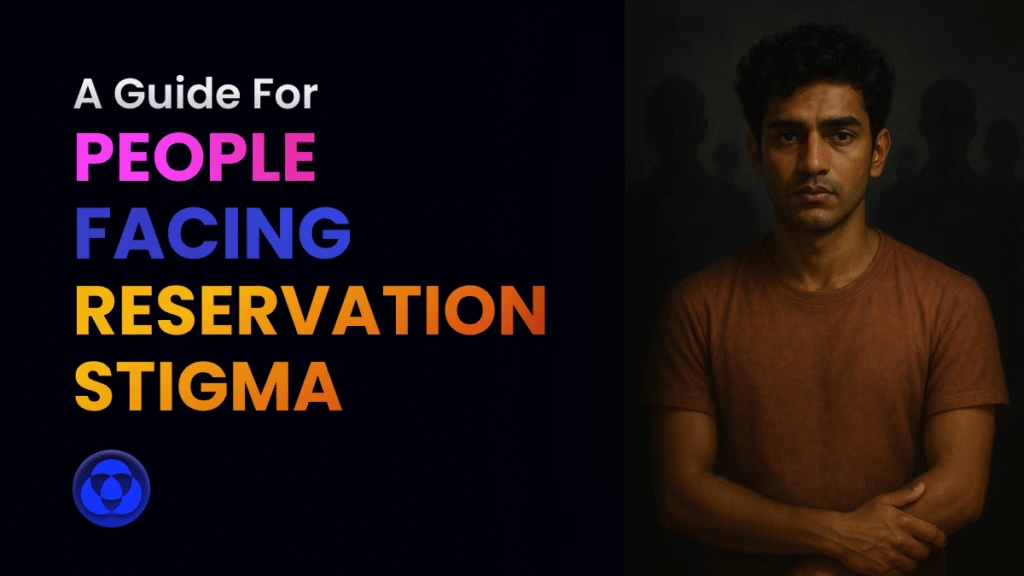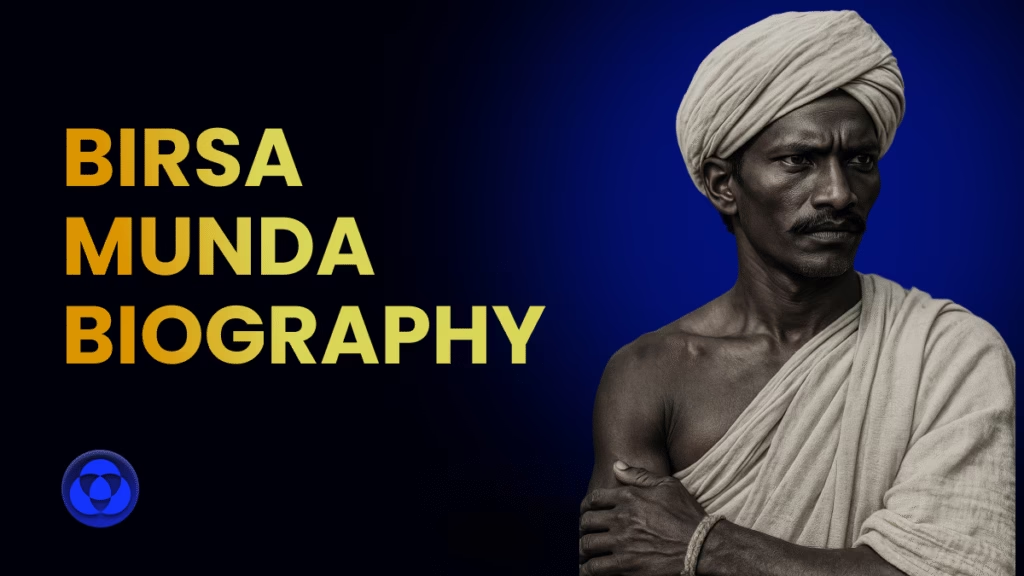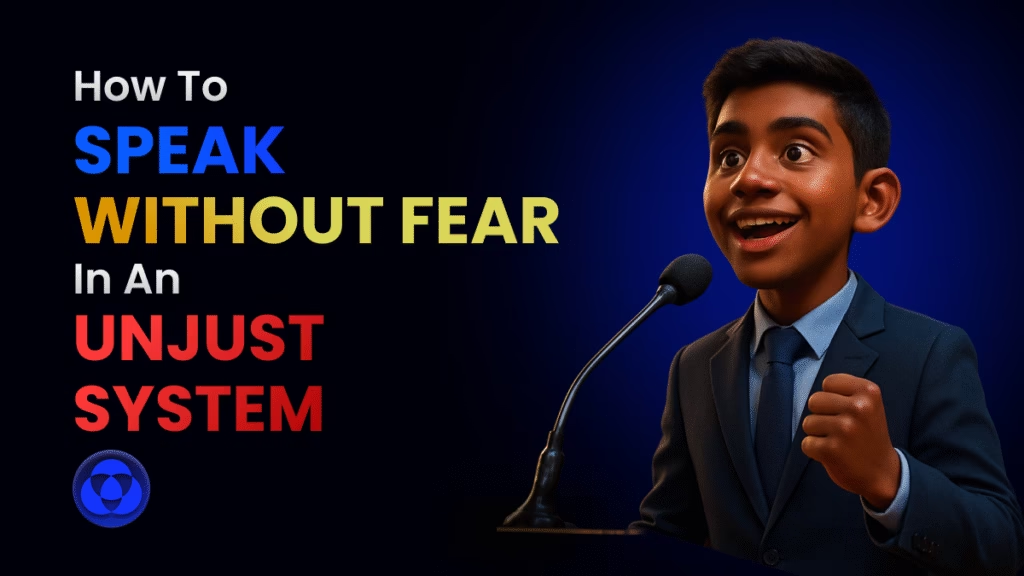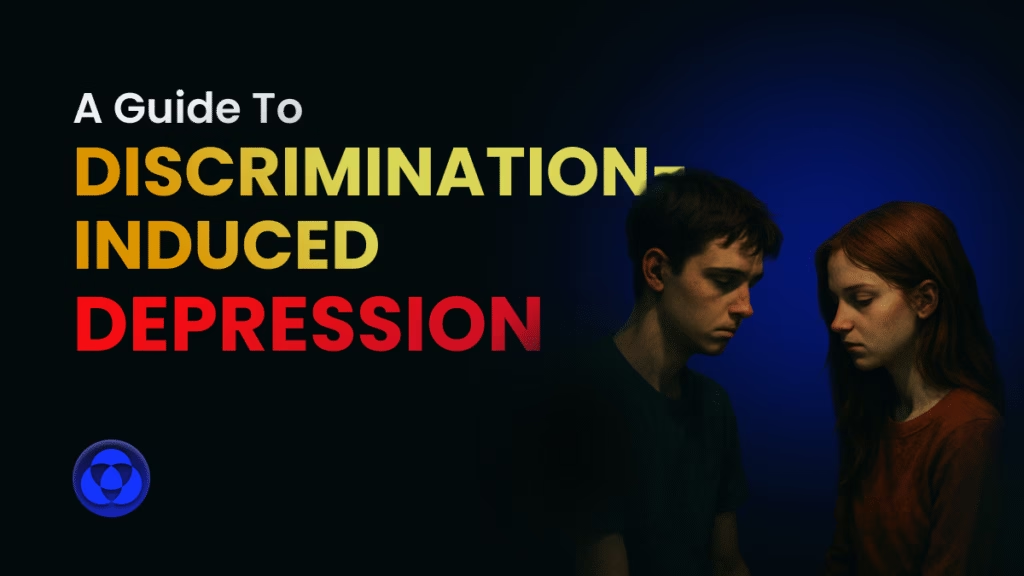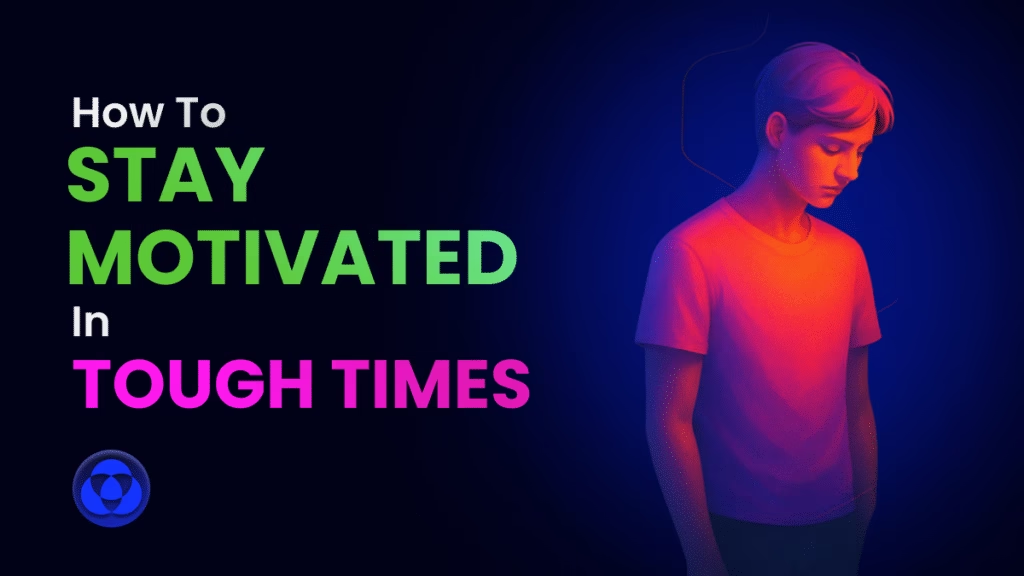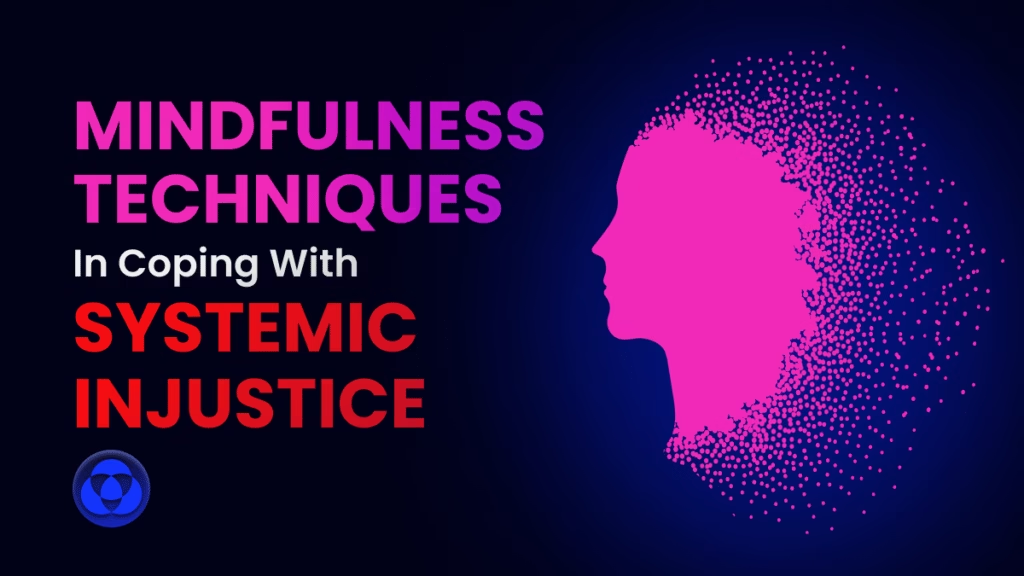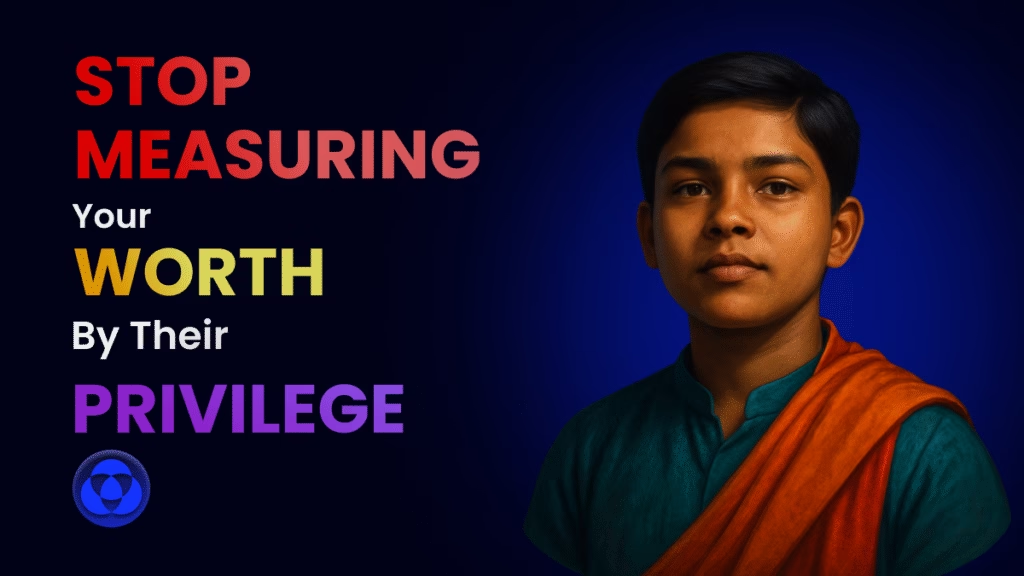Have you ever felt like you don’t truly belong in your college or workplace? Have you questioned whether you really earned your success, or if you’re just there because of reservation? If these thoughts have crossed your mind, you’re not alone. Many Bahujan students struggle with feelings of inadequacy, often triggered by misconceptions and stigma surrounding reservation policies.
These feelings can be overwhelming, affecting your academic performance, mental health, and overall confidence. But here’s the truth: you deserve to be where you are, and reservation is not charity; it’s a constitutional right designed to correct historical injustices and create equal opportunities.
In this article, we’ll explore why these feelings of inadequacy develop, uncover the truth about reservation policies, and offer practical strategies to build your confidence and self-worth. Whether you’re a student, a professional, or a parent supporting a Bahujan child, this guide will help you navigate these challenges with strength and dignity.
Why Do Reservation Policies Create Feelings of Inadequacy?
The Weight of Stereotypes and Misconceptions
Many Bahujan students internalize negative stereotypes about reservation, often believing they are somehow less deserving or capable than their upper-caste peers. This happens because reservation is frequently misrepresented as a handout rather than what it truly is a constitutional measure to ensure representation and address historical injustice.
When you constantly hear comments like “quota student” or face questions about your “merit,” it creates a psychological burden. You might start to wonder: “Did I get here because of my abilities, or just because of my caste?” This doubt can be paralyzing, affecting your self-confidence and academic performance.
The Psychological Toll of Constant Questioning
The psychological impact of being continually questioned about your capabilities is significant. As one student shared in a study: “They judge us by our clothes and stay away. Who occupies the front benches and who sits on the last one was dictated mostly by the kind of clothes they wore or the way they spoke”.
This constant scrutiny creates what psychologists call “internalized oppression,” when members of a marginalized group begin to believe the negative stereotypes about themselves. You might find yourself trying to “prove” your worth, working twice as hard as others, or even hiding your identity to avoid judgment.
The Pressure to Represent an Entire Community
As a Bahujan student, you might feel an additional burden: the pressure to succeed not just for yourself but for your entire community. This pressure intensifies when you’re one of the few Bahujan students in your class or workplace. Every mistake feels magnified, as if it confirms the stereotypes others hold about your community.
This pressure is compounded by family expectations. Many Bahujan students are first-generation learners, carrying the hopes and dreams of their families. As one student recounted: “I saw my mother’s face. How was I going to support myself for a year without a scholarship? A job would be another year away. And what about my family’s expectations?”
The Truth About Reservation and Its Historical Context
Reservation as a Constitutional Right, Not Charity
Reservation is not a favor or charity; it’s a constitutional right designed to ensure representation of historically marginalized communities. The Indian Constitution, through Articles 15 and 16, provides for reservation in educational institutions and government jobs to promote equality and social justice.
The word “reservation” itself is somewhat misleading. As explained by scholars, “The appropriate word for it used in the Indian Constitution is Representation. It is not given to anyone in his individual capacity. It is given to an individual as a representative of the underprivileged community”.
The Historical Need for Affirmative Action
To understand why reservation exists, we must acknowledge India’s history of caste-based discrimination. For centuries, certain communities were denied basic rights to education, property, and dignified work because of the caste system.
Dr. B.R. Ambedkar, the chief architect of India’s Constitution, fought vigorously for Bahujans rights, which guided the Constitution makers to insert ‘Affirmative Action’ to undo historical injustice and social exclusion. Reservation was designed as a strategy to overcome discrimination and act as a compensatory exercise for communities that faced historical denial of rights.
Debunking Common Myths About Reservation: A Guide for Bahujan Students
Reservation is not a favor. It is a constitutional tool created to correct centuries of caste-based injustice, exclusion, and denial of opportunities for Bahujan communities. Yet, many Bahujan students grow up hearing harmful lies that create guilt and self-doubt.
Here are the most common myths and the truth behind them.
Myth 1: Reservation was meant to last only 10 years
Truth:
Only political reservation, such as seats in the Lok Sabha and State Assemblies, was originally introduced with a 10-year limit and subject to periodic review. However, reservation in education and public employment was never given a time limit. Since caste-based inequality still exists in every part of society, the need for reservation remains.
Myth 2: Reservation should be based on economic status, not caste
Truth:
Poverty is one result of caste discrimination, but it is not the cause. A Bahujan student and a poor student from a so-called upper caste do not face the same realities. Caste discrimination affects dignity, identity, safety, and access to opportunities. Economic status cannot capture these deep-rooted social disadvantages. The solution must address caste directly if we want justice to be real and lasting.
Myth 3: Reservation compromises merit and efficiency
Truth:
Merit is not an objective measure. It is shaped by a person’s access to quality education, stable housing, coaching, family support, and social freedom. Most of what is called “merit” is often a reflection of caste privilege, not individual talent alone. Bahujan students often work harder just to reach the starting line. To say that reservation reduces merit is to erase the hard work and struggle of those who have been denied equal access for generations.
Myth 4: Bahujan students get everything easily through quota
Truth:
Reservation only gives access, not success. Many Bahujan students are first-generation learners, entering spaces where they have no social support or cultural familiarity. They face constant judgment, isolation, and pressure to prove themselves. While students from so-called upper castes inherit systems built for them, Bahujan students are still fighting for the right to belong. Getting a seat is only the first step. Surviving and succeeding in a casteist environment is a much bigger challenge.
Myth 5: Poor so-called upper castes need reservation more than Bahujans
Truth:
Poverty exists among so-called upper castes, but it is not the same as caste-based oppression. A poor student from a so-called upper caste does not face social rejection, caste slurs, or exclusion from temples, marriage networks, or professional circles. Caste affects every aspect of life, not just income. Even a wealthy Bahujan can face discrimination in housing, education, or jobs. That is why reservation must focus on caste, not just poverty.
Myth 6: Now everyone is equal, so reservation creates division
Truth:
Legal equality does not mean social equality. Caste-based exclusion is still active in schools, universities, workplaces, housing, and even friendships. Bahujan students are still targeted, humiliated, and sometimes even driven to suicide. Ignoring caste does not end division. It only protects so-called upper-caste dominance and silences the pain of those who are still oppressed.
Myth 7: Bahujans should prove themselves without reservation
Truth:
No one asks students from so-called upper castes to give up their family name, social connections, or coaching to prove their merit. So why are Bahujans expected to give up the one tool of justice they have? Reservation is not a shortcut. It exists because of historical denial, not because of any lack of ability. Bahujan students do not owe anyone proof of their worth beyond what they already overcome every day.
Myth 8: So-called upper castes do not get any reservation
Truth:
In 2019, the Indian government introduced 10 percent reservation for Economically Weaker Sections (EWS). This reservation is designed specifically for people from so-called upper castes who were not eligible under SC, ST, or OBC categories. It is based only on income, without any requirement of facing social discrimination. It also excludes poor Bahujans, which shows that it is not truly about poverty but about protecting so-called upper-caste interests. So the claim that they are left out of reservation is completely false. The state is very willing to create reservation when it benefits socially dominant castes.
This shows that the state is fully capable of creating reservation for the privileged while still making Bahujans feel guilty for claiming their rightful share.
How to Overcome Feelings of Inadequacy
Challenge Negative Self-Talk
One of the most effective ways to combat feelings of inadequacy is to recognize and challenge negative thoughts. When you catch yourself thinking, “I don’t deserve to be here” or “I’m only here because of reservation,” pause and reframe these thoughts.
Replace them with affirmations like:
- “I worked hard to get here, and I deserve this opportunity.”
- “Reservation provided access, but my efforts and abilities will determine my success.”
- “My presence here is not just for me but represents progress for my community.”
Focus on Personal Growth Instead of External Validation
Rather than seeking validation from others or comparing yourself to peers, focus on your own growth and learning journey. Set personal goals and celebrate your progress, no matter how small.
Ask yourself:
- “What have I learned today?”
- “How have I improved from where I was last month or last year?”
- “What skills am I developing that will help me achieve my goals?”
This shift in focus from external validation to personal growth can significantly reduce feelings of inadequacy and build genuine confidence.
Build a Supportive Network
Connecting with others who share similar experiences can be incredibly empowering. Seek out Bahujan student organizations, mentors, and support groups where you can share your challenges and successes.
For example, groups like Bahujan Economists provide “a platform for researchers, scholars, students, and professors of economics belonging to the Scheduled Caste, Scheduled Tribe, and Other Backward Class communities to collaborate and support each other”. Such spaces allow students to “share their everyday experiences and work together to solve emergent problems”.
Develop a Growth Mindset
A growth mindset, which is the belief that abilities can be developed through dedication and hard work, is crucial for overcoming feelings of inadequacy. Understand that intelligence and talent are not fixed traits but can be developed over time.
When you face challenges or setbacks, view them as opportunities for growth rather than confirmation of inadequacy. Remember that struggle is a natural part of learning, not evidence of inability.
Educate Yourself About Reservation
Knowledge is power. Understanding the historical context and purpose of reservation can help you counter both internal doubts and external criticism. Read about the constitutional provisions, historical struggles, and the ongoing need for affirmative action.
This knowledge will not only strengthen your confidence but also equip you to respond effectively when others question the legitimacy of reservation policies.
Set Boundaries in Toxic Environments
Sometimes, the best way to protect your mental health is to distance yourself from toxic environments where caste discrimination is normalized. This doesn’t mean avoiding all difficult conversations, but rather being selective about where and with whom you engage.
Learn to recognize when a discussion is genuine versus when someone is simply trying to undermine your confidence or legitimacy. In the latter case, it’s perfectly acceptable to disengage and preserve your energy for more productive pursuits.
Building Inner Confidence Through Education and Self-Awareness
Recognize Your Strengths and Achievements
Take time to identify and acknowledge your strengths, skills, and achievements. Keep a journal where you record your accomplishments, no matter how small they might seem. This practice helps counter the negative narrative that can develop when you’re constantly exposed to stereotypes and discrimination.
Remember that your worth is not determined by others’ perceptions or by a single measure of success. You are a multifaceted individual with unique strengths and contributions to make.
Develop Emotional Intelligence
Emotional intelligence is the ability to understand and manage your emotions and relate effectively to others—is a powerful tool for building confidence and resilience. Practice:
- Self-awareness: Recognize how stereotypes and discrimination affect your emotions and behavior
- Self-regulation: Develop strategies to manage stress and negative emotions
- Empathy: Understand others’ perspectives without internalizing their biases
- Social skills: Build meaningful connections based on mutual respect and understanding
Handle Criticism Constructively
Not all criticism is created equal. Learn to distinguish between constructive feedback that helps you grow and biased criticism rooted in caste prejudice. For constructive criticism:
- Listen without immediately becoming defensive
- Consider whether the feedback is specific and actionable
- Decide what parts are useful for your growth
- Implement changes that align with your goals
For criticism that seems biased or unfair, consider the source and context before internalizing it. Sometimes, the most powerful response is to acknowledge the comment without accepting its premise, then refocusing on your goals.
Maintain Focus on Your Long-Term Goals
Keeping your eyes on your long-term goals can help you navigate short-term challenges and setbacks. Create a clear vision of what you want to achieve in your education, career, and personal life. Break these larger goals into smaller, manageable steps.
When you encounter obstacles or discrimination, remind yourself of the bigger picture. Ask, “Will this matter in five years?” This perspective can help you maintain your determination and not get derailed by temporary setbacks.
The Role of Community and Collective Healing
The Power of Collective Strength
Individual resilience is important, but collective strength is transformative. As noted in research on Dalit-Bahujan student movements, “Dalit-Bahujan student organizations built platforms to care for and share with their fellow team members on university campuses, they share their everyday experiences and work together to solve emergent problems”.
These collectives provide not just practical support but also psychological safety. They create spaces where your experiences are validated and your identity is celebrated rather than stigmatized.
Student Organizations and Support Groups
Joining or creating Bahujan student organizations can significantly impact your college experience. These groups provide:
- Peer support and mentorship
- Opportunities for leadership development
- Platforms to discuss and address caste-based discrimination
- Spaces to celebrate Bahujan culture, history, and achievements
For example, the Bahujan Collective at TISS Hyderabad “gave me a platform to express myself and my experiences thereby, supporting me in my struggles,” as one student shared.
Sharing Experiences to Reduce Isolation
Many Bahujan students suffer in silence, believing their struggles are unique or fearing that speaking up will only lead to judgment or further isolation. This silence can deepen feelings of shame or self-doubt. However, opening up to trusted peers or mentors can be a powerful step toward healing. Sharing your experiences not only helps release internalized pain but also reveals that you are not alone. Many others are navigating similar challenges, and in that shared understanding, a sense of solidarity and strength begins to grow.
Mental Health Support and Self-Care
The psychological toll of caste discrimination is real and significant. The National Crime Records Bureau reports that 20 students commit suicide every day in India, with a disproportionate number belonging to Dalit, Adivasi, and OBC communities.
Prioritizing your mental health is not selfish; it’s necessary. This might include:
- Seeking professional counseling or therapy when needed
- Practicing regular self-care activities like exercise, meditation, or hobbies
- Setting boundaries to protect your emotional energy
- Connecting with supportive friends and family members
Remember that caring for your mental health is not a luxury but a fundamental aspect of your academic and personal success.
Addressing Common Concerns
Q1: Is it wrong to benefit from reservation?
No, it is not wrong to benefit from reservation. Reservation is a constitutional right, specifically designed to ensure representation and address centuries of historical injustice. As scholars have explained, ‘It is not given to anyone in their individual capacity; it is given to an individual as a representative of the underprivileged community.’ By accepting this opportunity, you are not just advancing your own future, but you are also contributing to a broader process of social justice and transformation. When people from every part of society, especially historically marginalized communities, are empowered and represented, it leads to the overall development of the entire nation. If sections of the community are left behind or denied support, inequality deepens, and the system itself becomes unsustainable. True progress can only be achieved when everyone, regardless of their background, has the opportunity to succeed. Ignoring or suppressing these efforts will only lead to a fractured, unequal society, one that ultimately cannot thrive.
Q2: What if people think I don’t deserve my success?
Others’ opinions about your deservingness often reflect their own biases and misconceptions about reservation, rather than your actual abilities or worth. It’s important to remember that reservation simply provides access to opportunities; your success depends on your hard work, dedication, and abilities. Focus on your personal growth and achievements, rather than seeking validation from those who may not fully understand the purpose behind reservation policies. Your journey is yours alone, and you have every right to seize the opportunities that help level the playing field.
Q3: How can I explain the importance of reservation to someone who criticizes it?
When explaining reservation, focus on its constitutional basis and historical context. Emphasize that:
- Reservation is a direct response to centuries of caste-based discrimination and exclusion, addressing the systemic barriers faced by marginalized communities. It is not a scheme to make people wealthy, but to ensure their rightful representation and equal access to opportunities.
- It ensures that historically oppressed communities are represented in education, employment, and governance, providing a level playing field that was previously denied to them.
- Reservation focuses on caste-based social and educational backwardness, not just economic factors. This is because individuals from certain castes, regardless of their economic status, continue to face discrimination and denial of rights.
- Even affluent members of the Bahujan community face caste-based discrimination, which is why reservation is necessary for their social mobility and representation, regardless of their economic background.
- The Indian government also provides a 10% reservation for economically backward individuals, recognizing that while economic challenges are significant, they are not the sole barrier to equality in a caste-based society.
- The reservation policy has enabled the rise of a new middle class among marginalized communities, helping break generational cycles of poverty and exclusion, fostering upward mobility, and contributing to social justice and equality.
Keep the conversation factual and avoid becoming defensive. Sometimes, sharing personal stories about the barriers your family has faced can help others understand the continuing need for affirmative action.
Q4: How can I stay confident despite caste-based bullying?
Maintaining confidence in the face of bullying requires both internal resources and external support:
- Remember that bullying reflects the bully’s prejudice, not your worth
- Connect with supportive peers and mentors who affirm your value
- Document incidents of discrimination and report them when appropriate
- Practice self-care and seek professional support if needed
- Ground yourself in knowledge about your rights and the purpose of reservation
Q5: How do I handle questions about my caste and merit in interviews or social settings?
When faced with inappropriate questions about your caste or comments about “merit,” consider these approaches:
- Redirect the conversation to your qualifications and achievements
- Briefly explain that reservation provides access but doesn’t guarantee success
- Ask why the question is relevant to the current context
- Set a boundary by stating that you prefer not to discuss your caste identity
- If appropriate, educate others about the purpose of reservation policies
Choose your response based on the context, your relationship with the person asking, and your own comfort level. Remember that you’re not obligated to justify your presence or educate others at the expense of your dignity.
Precautions and Common Mistakes to Avoid
Avoid Seeking Validation from Those Who Don’t Understand
One common mistake is continuously seeking approval from people who fundamentally misunderstand or oppose reservation policies. This can create a cycle of disappointment and self-doubt. Instead, find validation from mentors, peers, and community members who understand your journey and the purpose of affirmative action.
Don’t Apologize for Using Reservation
Never apologize for utilizing your constitutional rights. Reservation exists to address historical injustice and ensure representation—it’s not a handout or special favor. As research shows, “stigmatization has been a major psychological consequence of the policy of reservation”. Resist internalizing this stigma by remembering the legitimate purpose of these policies.
Avoid Comparing Yourself to Others With Different Privileges
Comparing your journey to those of upper-caste peers with generational privileges can lead to unfair self-judgment. Remember that you’re navigating additional barriers that others may not face. Focus on your own progress rather than measuring yourself against those who started from different positions.
Be Careful With Emotional Overload
The constant stress of navigating discrimination can lead to emotional exhaustion and burnout. Pay attention to signs of excessive stress, such as persistent sadness, difficulty concentrating, or changes in sleep patterns. Don’t hesitate to seek professional help if discrimination-related stress becomes overwhelming.
Avoid Internalizing Negative Stereotypes
Research shows that some Bahujan students “internalize the disgust associated with Dalit identity” and “have internalized the disdain of the upper castes towards Dalits”. Resist absorbing these harmful stereotypes by consciously challenging negative thoughts about yourself or your community.
Don’t Isolate Yourself Completely
While it’s important to set boundaries with toxic individuals, completely isolating yourself can deprive you of valuable support and opportunities. Seek out safe spaces and supportive communities rather than withdrawing entirely from social engagement.
This article is for educational purposes only. It aims to provide awareness and coping strategies for Bahujan students dealing with societal stigma surrounding reservation policies.
Conclusion
To every Bahujan student navigating the weight of reservation stigma, know this: your journey is not just personal, it is deeply political, rooted in history, and filled with power. Your presence in educational spaces that were once denied to your ancestors is proof of their resilience and your determination. You are not just occupying a seat, you are reclaiming a space that rightfully belongs to you.
Do not let anyone reduce your worth to a policy or a percentage. You are not merely a recipient of reservation, you are a symbol of justice in action. The stigma surrounding reservation is not about your merit, it is about society’s refusal to accept equality. You are not less capable, you are part of a movement that is correcting generations of exclusion.
As you move forward, commit to growth that strengthens both yourself and your community. Learn not for approval, but for empowerment. Share what you know, support those coming after you, and remember that change is most powerful when it lifts many. Confront discrimination with courage, but also care for your mental and emotional health. Not every fight must be faced alone or at once. Collective strength is often more effective than individual resistance.
Most importantly, do not measure your value by academic success or job titles. Your worth lies in your character, your compassion, and your courage. You are important just as you are, even when the world fails to see it. Let this guide not just help you endure the stigma, but inspire you to walk through it with clarity, pride, and purpose.
As Dr. B. R. Ambedkar said,
“We must stand on our own feet and fight as best as we can for our rights. So carry on your agitation and organize your forces. Power and prestige will come to you through struggle.”
Let the struggle continue, not with silence, but with strength and solidarity.

